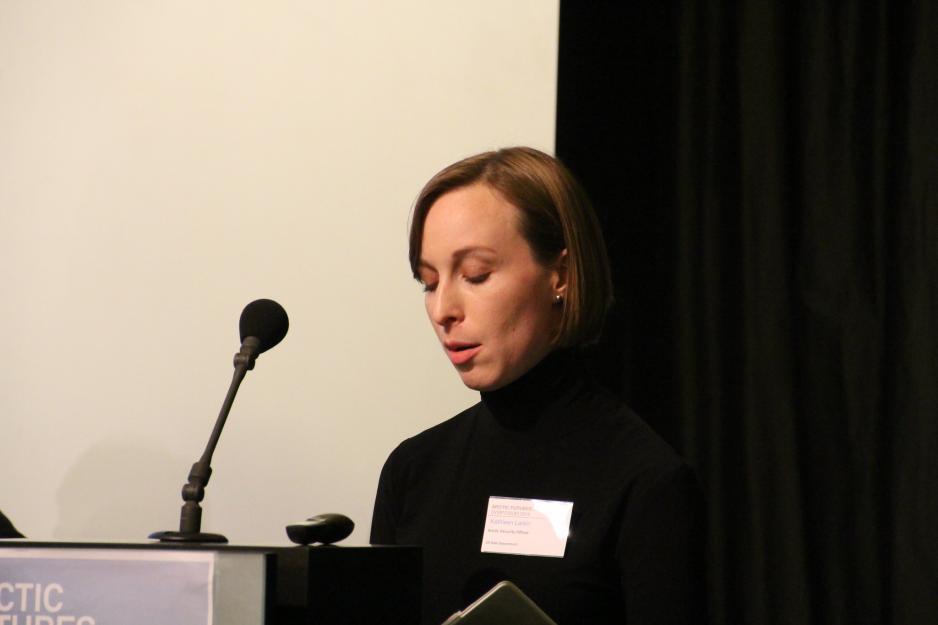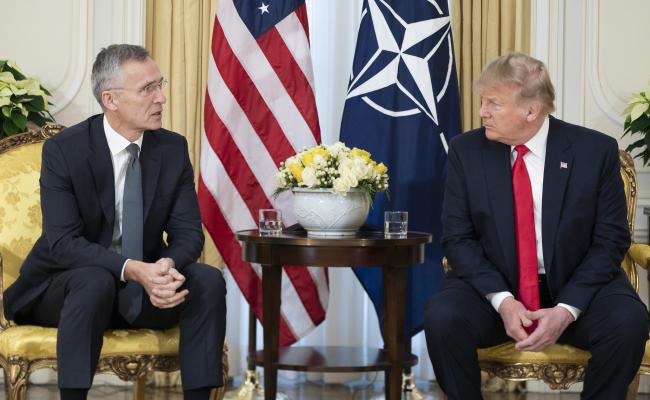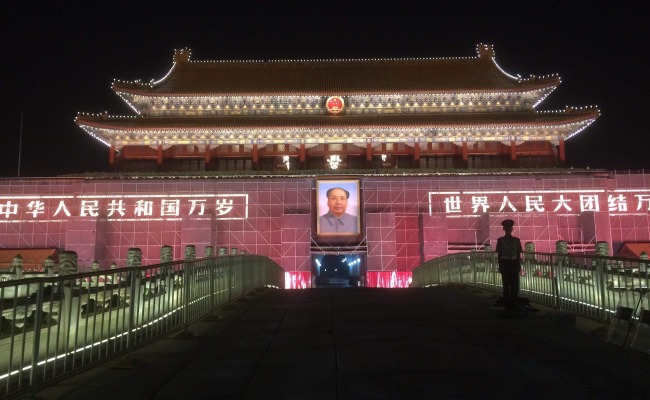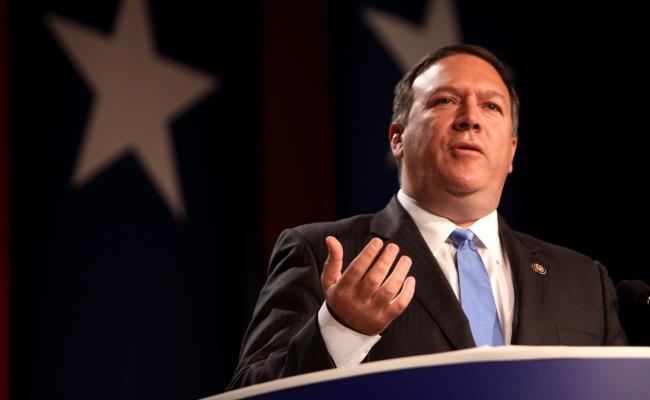China is the New Buzzword in the Arctic. Some Argue It Is About Time. Others are Tired of Talking About China
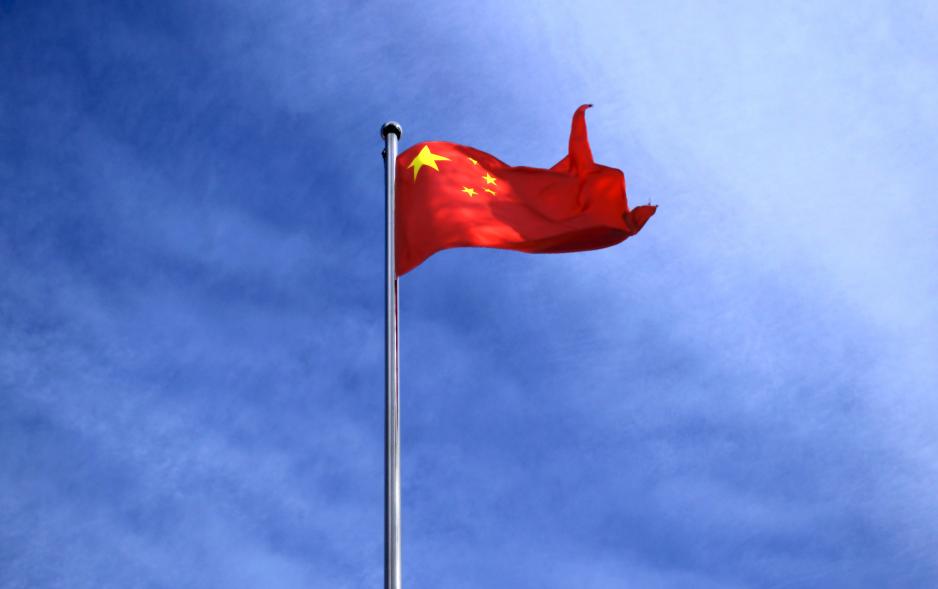
China has never been considered a security actor by NATO before. However, during the NATO summit this week, chief Jens Stoltenberg stated that “the alliance must acknowledge the fact that China is coming increasingly close”. Photo: Pxhere
Everyone talks about China. But is there really anything to fear? Do we pay more attention to China than we should? Or less? There is strife amongst the learned.
Brussels/Bodø: At the end of November, the Danish military intelligence service published its 2019 risk assessment, in which it reads that part of China’s building knowledge about the Arctic and its capacity to operate in the Arctic will take place in collaboration between civilian and military actors.
Few days later, security in the Arctic was on the agenda during the Arctic Futures Symposium in Brussels, and the panelists were challenged about why we should care about China in the Arctic.
“We should not talk that much about China in the Arctic”, was the clear message from Heather Exner-Pirot, who is a researcher at the Observatory for Politics and Security in the Arctic (OPSA) and editor of the Arctic Yearbook.
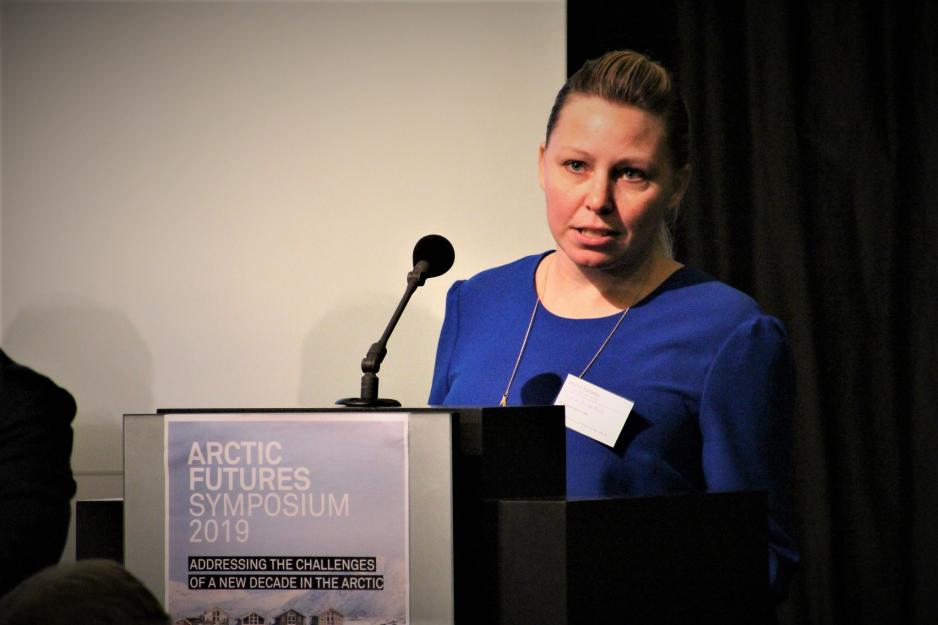
Heather Exner-Pirot, who is a researcher at the Observatory for Politics and Security in the Arctic (OPSA) and editor of the Arctic Yearbook, spoke during the Arctic Futures Symposium in Brussels. Photo: The North Norway European Office
“I do not see the risk everyone talks about. China has neither experience nor capacities in the Arctic, at least not from a military perspective.
The Arctic is a challenging area in which to operate and it simply does not have the experience needed in comparison with a series of other countries”, she says, and points out that China only recently got its second icebreaker, whereas its first one is an old Ukrainian cargo ship.
We have primarily talked about research when talking about China in the Arctic. However, Exner-Pirot argues that the Chinese is to be considered junior in this area too.
The fact is that Poland conducts more research in the Arctic than China does
“The fact is that Poland conducts more research in the Arctic than China does. Japan has twice as much, both when it comes to number of publications and funding.”
Nor is she excited about the heat when China refers to itself as a “near-Arctic” state.
“China did not invent that phrase, they ‘stole’ it off from half a dozen European countries. Scotland used it just a few weeks ago in its newly launched Arctic strategy, and I do not see anyone criticizing them for it. But when China uses the phrase it is provoking all of a sudden”, she says and closes:
“I am tired of talking about China.”
“Completely wrong”
“It is completely wrong to argue that China is not an actor in the Arctic. They have said themselves that they are, says Kathleen Larkin (image), who was recently employed as an Arctic Security Officer at the Office of Nordic, Baltic and Arctic Issues at the US State Department.
“We are definitely worried about China in the Arctic. That applies in particular to infrastructure investments such as e.g. ports, airports or construction of 5G networks”, she adds.
Jari Vilén, who is an EU Commission advisor on Arctic policy, argues that one definitely should talk about China in the Arctic.
“China is actively looking for opportunities in Norway, with assistance from local authorities and investors. In Finland, they are in on the planning of a tunnel from Helsinki to Estonia. I do not see any immediate military threat, however, China’s global dominance will also affect the Arctic. We can also turn it to a positive thing; China can become the actor that forces us, the Arctic states, to do more in the Arctic,” he says.
Hans Jørgen Gåsemyr, senior researcher at the Norwegian Institute of International Affairs (NUPI) and post-doc at the Institute for Comparative Politics at the University of Bergen, agrees with Vilén:
“There is absolutely a need for greater attention about what China does and what it wants, both in the Arctic as well as elsewhere. However, it is my opinion that China has been – and is – a very active and constructive actor in the Arctic. It is also the state that is most optimistic when it comes to the opportunities that lie in the High North, both when it comes to future commercial practices as well as to resources and resource exploitation”, he says and stresses:
“Nor should we be naïve about the Chinese interests. Leaning back, thinking that everything China does is kind, is too naïve. However, that is not so because China is threatening or aggressive, but rather because it is natural for them to promote their interests just as we promote ours.”
About time China came on the agenda
And there will be more talk about China, because the USA brought China onto the agenda prior to the NATO summit in London earlier this week and the Trump administration wants the defense alliance to express concerns about China.
Also read
China has never before been considered a security actor by NATO; however, NATO chief Jens Stoltenberg stated during the summit that “the alliance should acknowledge that China is coming increasingly close”. So far, there are no formal statements about the issue other than Stoltenberg’s.
However, it is about time NATO acknowledges China’s growth and influence, argues Gåsemyr (pictured).
“Europe, including the Nordics, have been unusually slow at recognizing the significance and dimension of China’s growth and influence. In a way, it is about time that there is more focus and increased awareness about Chinese activities”, he says and continues:
“This also applies to NATO. It is natural for a defense alliance that includes many countries that cooperate with China, also when it comes to areas related to the military, to make assessments related to Chinese capacity and Chinese military interest.”
He describes Stoltenberg’s words about china during the NATO summit as “vague and modest”:
“It is good that they are on the table now, however, they should have come years earlier.”
The ketchup effect
Gåsemyr points out that the developments in China have come gradually over the past 30 years and that nothing “exceptional” has happened with China in later years.
“However, now that attention comes all of a sudden and many countries focus on it, it stirs a lot of noise.”
Gåsemyr further argues that many of the assessments presented with the increased attention to China build on rather limited knowledge.
Many of the assessments presented with the increased attention to China build on rather limited knowledge
“That, in turn, triggers a fear that I would argue is poorly founded. China has 20 percetn of the world’s population and it is natural for China to also want to make itself more heard, both economically as well as politically, in our markets and areas too. As for the Arctic and our immediate neighborhood specifically, there are areas in which China holds a perfectly legitimate interest and where they have acted very constructively. It is also important to keep in mind that China has been actively invited in by both Norway, Denmark and other Arctic states.”
Should not fear China
Gåsemyr says it is “quite natural” for intelligence services like the Danish to have renewed attention to some of the activities and view them with skepticism.
“It is impossible for me to know the background for the assessments they have made, as they have not announced these. However, I would argue that if you want to see links between for instance research and technology and the military, then it is not hard to do so.”
Also read
However, even though there is much Chinese activity in the Arctic, we should not fear China, Gåsemyr argues.
“Though it is about time we increase our awareness and pay better attention, and also demand more transparency from the Chinese side, and negotiate what kind of activities we can accept and on what terms and conditions.”
American campaign
Senior researcher Gåsemyr says there is not doubt that we live in a more tense climate, with the USA and China acting as opposite poles.
“The USA is pushing on many fronts to promote its economic and geopolitical interests. We also see that in the Arctic, with stronger formulations about what the Arctic should be and what kind of interests that should apply there. The USA is also trying to bring other countries on board in having stronger interest policies related to China, in order to promote its own American interests.”
Also read
Norway and other countries should not “bend over” for what has now become “an American campaign”
He argues that it is crucial for Norway and other countries to stand up for and consider their own interests when it comes to China, rather than “bending over” for what has become “an American campaign”.
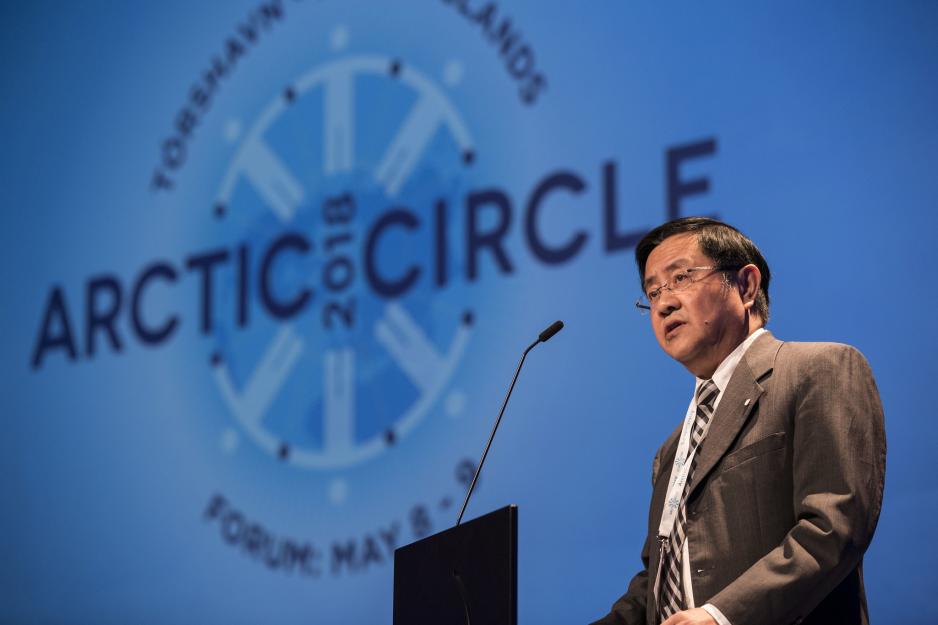
Gao Fen, China’s Ambassador to the Arctic. Photo: Arctic Circle
This article was originally published in Norwegian and has been translated by HNN's Elisabeth Bergquist.


